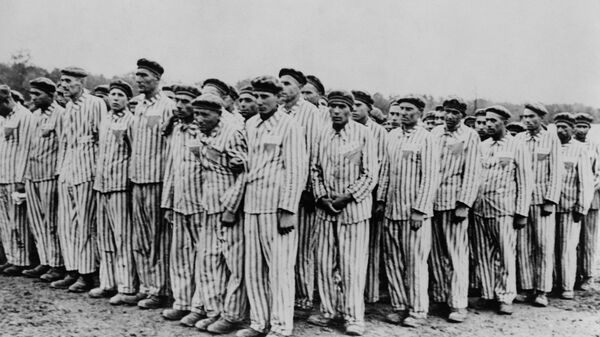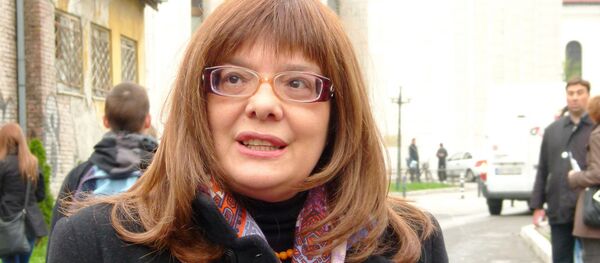However, refugee advocacy groups have reacted angrily to the plan, which is slated to begin later this week.
"This is not a normal place, not just anywhere, but a place of exploitation, oppression and unbounded violence", Christine Glauning, director of the Documentation Centre for Nazi Forced Labor, said.
Politicians were quick to defend the plan, pointing to the fact that the former Buchenwald barracks had previously been used for various purposes: a kindergarten and an artist's workshop had been located there.
Between 1937 and 1945, more than 55,000 people from all across Europe died at Buchenwald, including those who were killed in medical experiments and forced to work and starve to death.
In all, about 250,000 people were imprisoned in Buchenwald and its nearby satellite camps.



